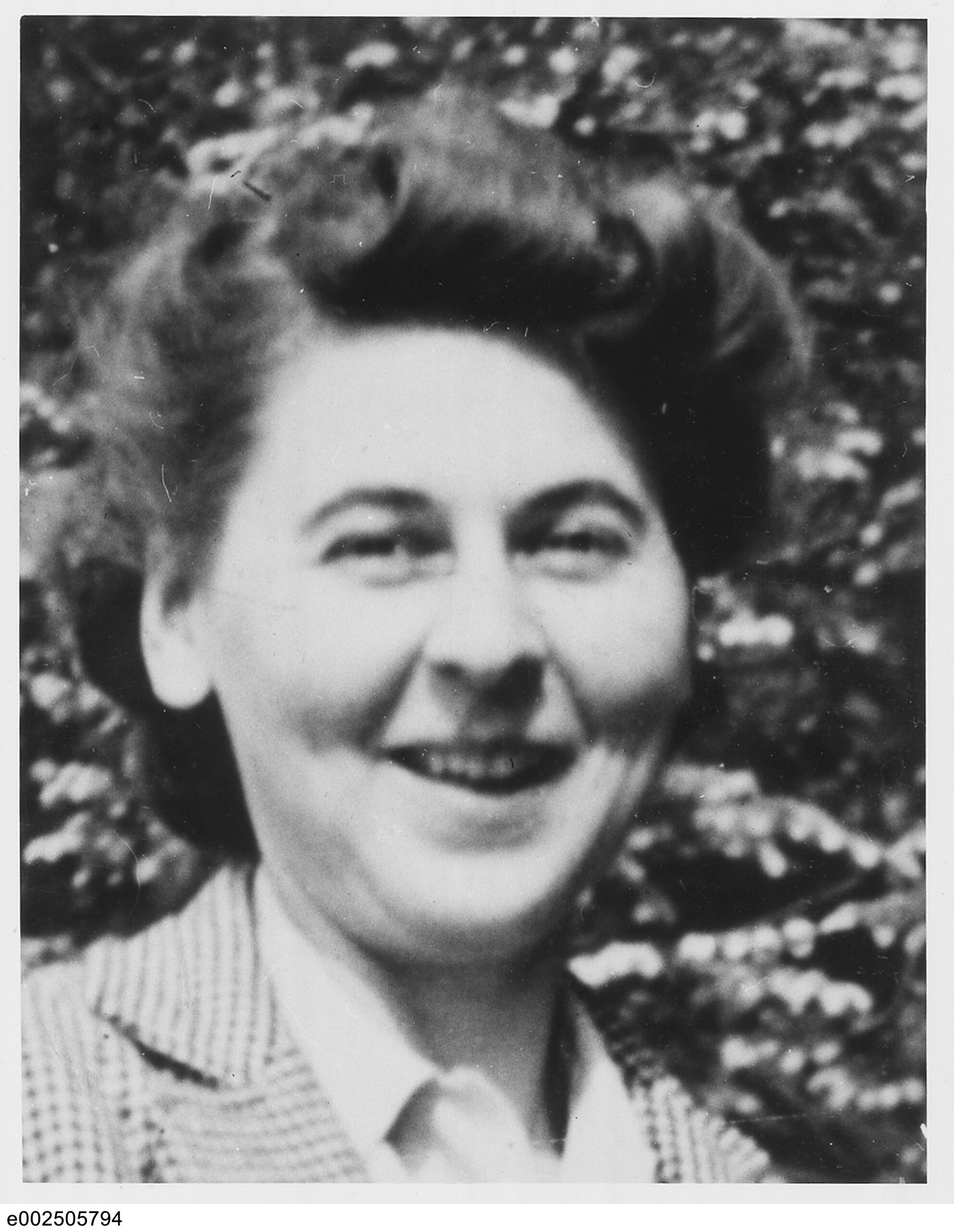Born in England in 1905, Kathleen Willsher was a graduate of the London School of Economics. She immigrated to Canada in 1930 and was an employee of the High Commissioner’s Office for the United Kingdom in February 1946. She was a member of the Labour Progressive Party and was recruited into a study group by Agatha Chapman in 1942. According to the espionage commission’s final report, Willsher knew that the information she divulged in the study group was being given to members of the Soviet embassy through Fred Rose. She eventually suffered the same fate as Emma Woikin: Willsher pled guilty and was sentenced to three years in prison.
In its final report, the espionage commission wrote that
“Miss Willsher was an employee of the Office of the High Commissioner for the United Kingdom at Ottawa. She came to Canada in 1930 at the age of twenty-five as a stenographer. In due course she was promoted and in 1944 she became assistant registrar, having been in the registry division of the office since 1939. She is a graduate of the London School of Economics and speaks French, German and some Russian. Her duties as assistant registrar involved the entering or registration of incoming and outgoing letters and telegrams, by reason of which she had access, with a very few exceptions, to all files containing documents of a highly secret nature.”
Further Reading
- Report of the Royal Commission to Investigate Facts Relating to and the Circumstances Surrounding the Communication, by Public Officials and Other Persons in Positions of Trust of Secret and Confidential Information to Agents of a Foreign Power. 1947.
- Knight, Amy. How the Cold War Began: The Gouzenko Affair and the Hunt for Soviet Spies. Toronto: McClelland and Stewart, 2005.
- Lambertson, Ross. Repression and Resistance: Canadian Human Rights Activists, 1930-1960. Toronto: University of Toronto Press, 2005.

